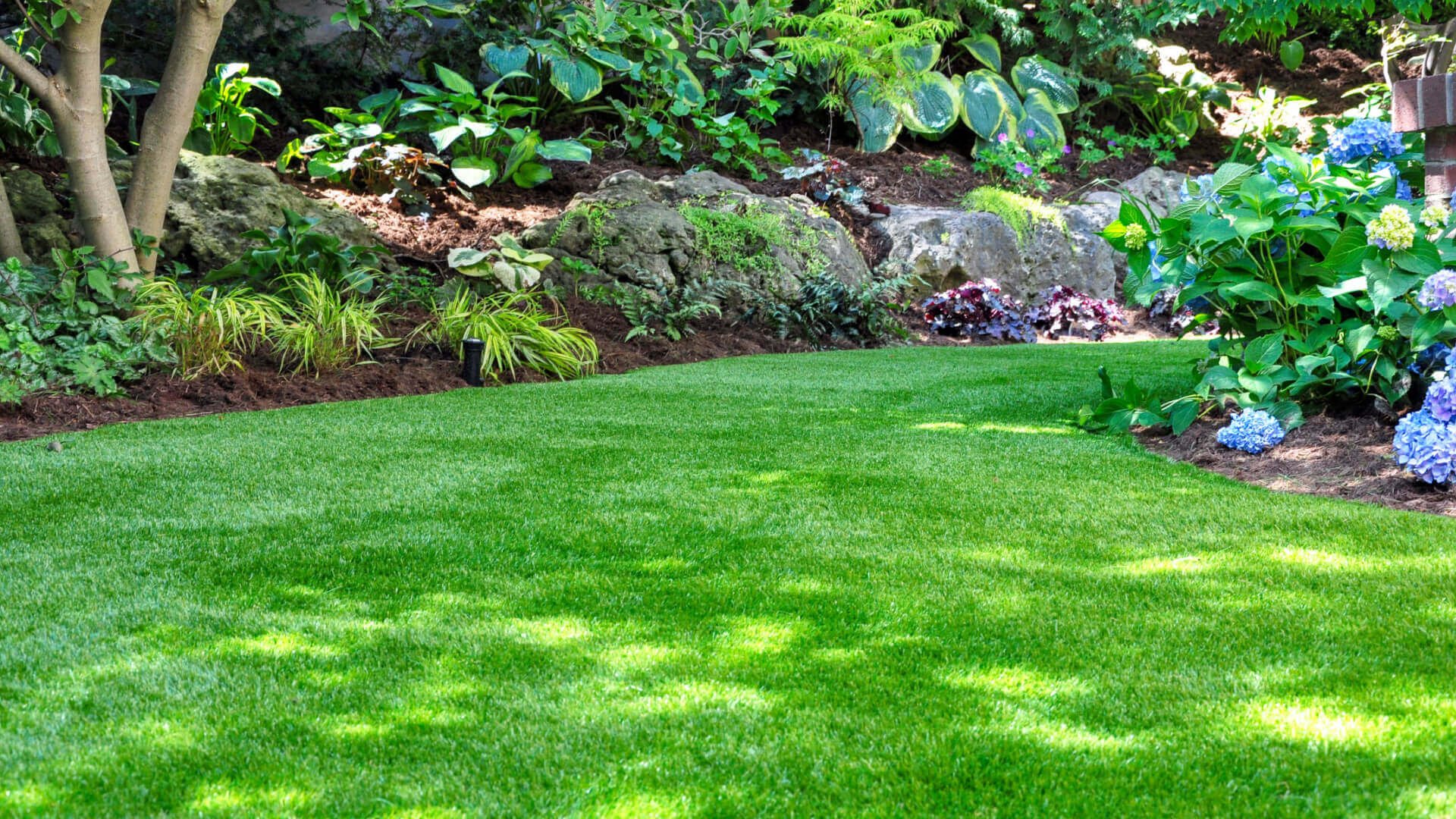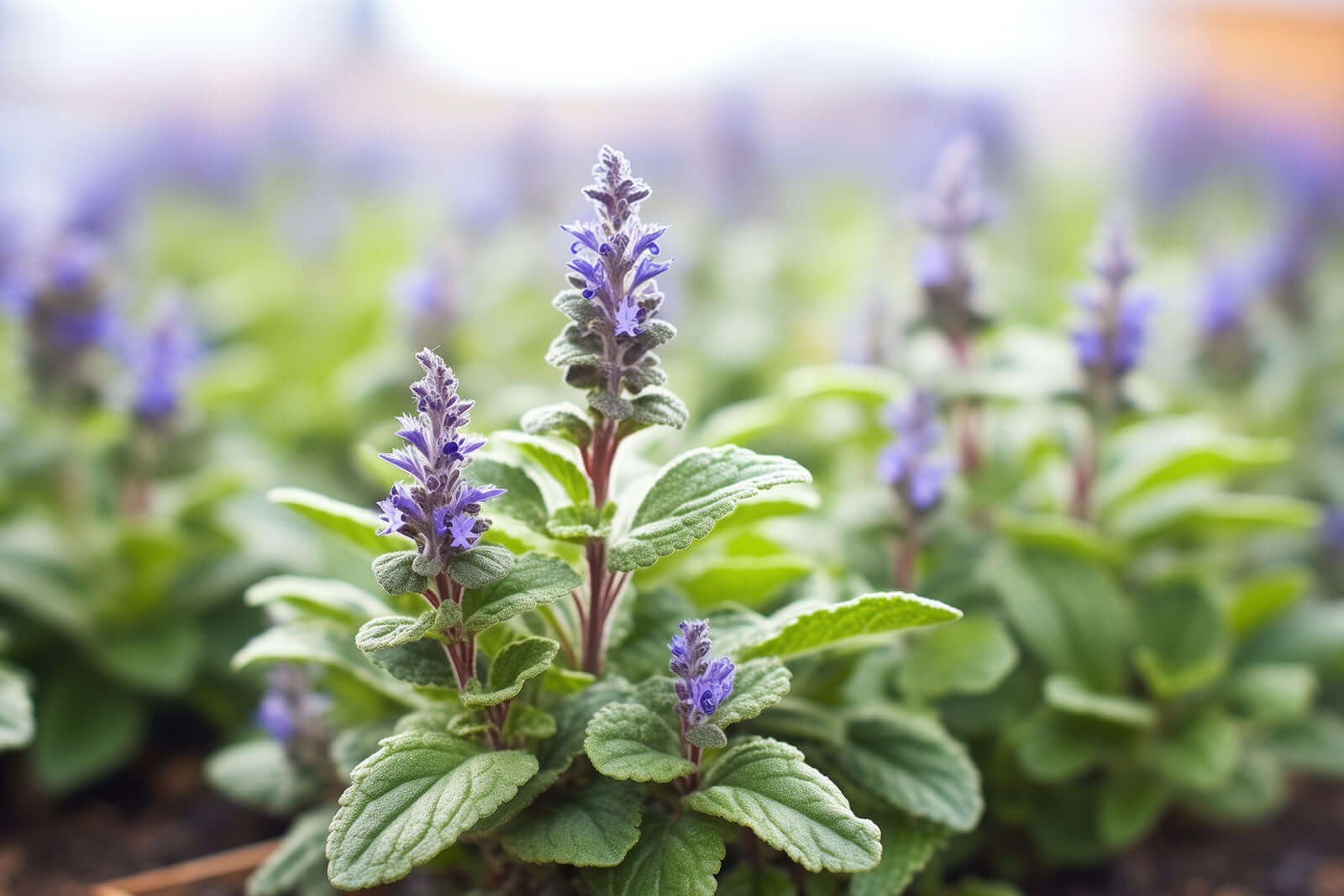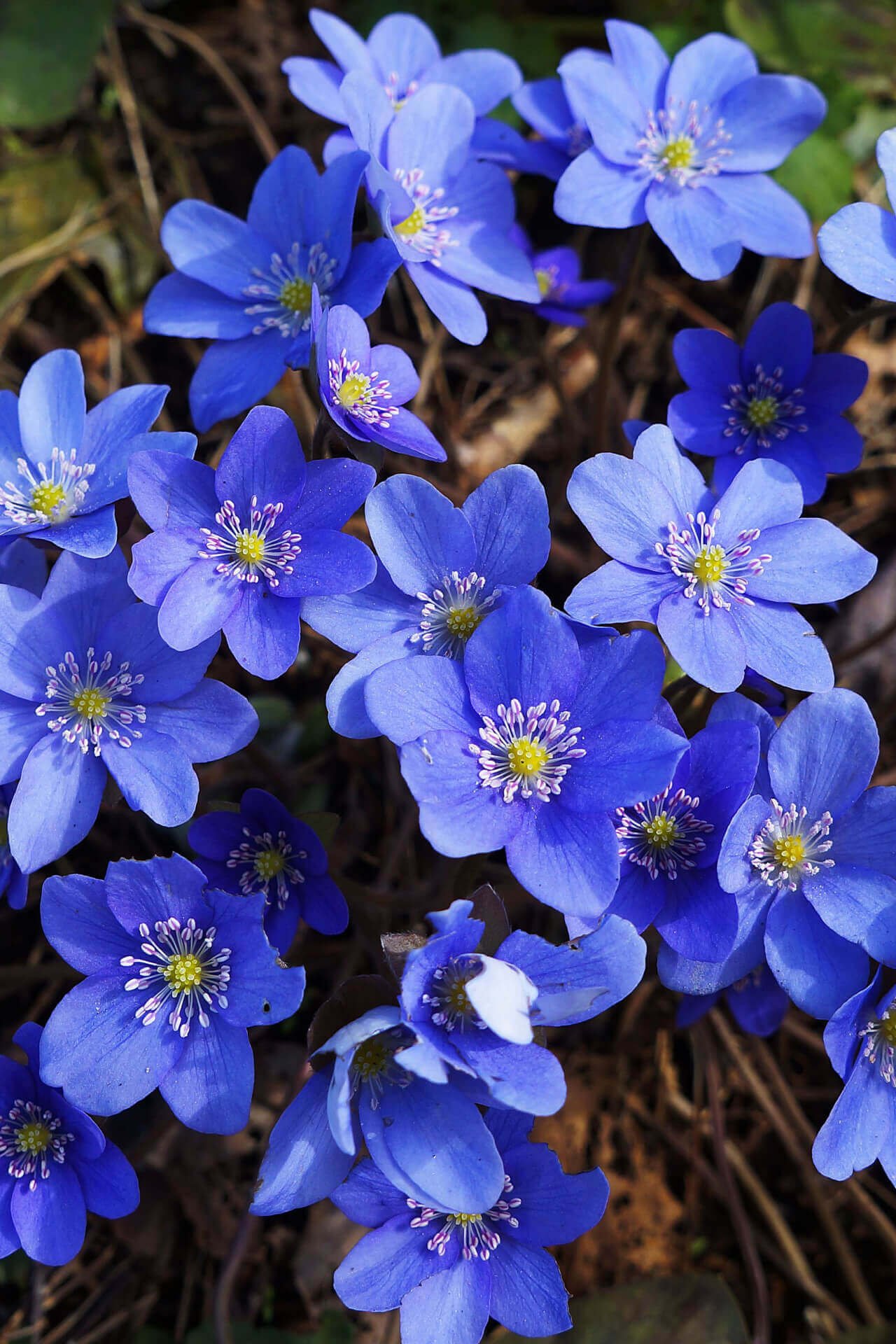Ajuga, also known as Bugleweed, is a versatile and attractive perennial that makes for an excellent ground cover. It is a low-growing plant that features lush foliage in various shades of green and purple, along with beautiful spikes of vibrant blue, pink, or white flowers. Planting ajuga in the springtime can ensure its successful establishment and a thriving first year. In this guide, we will explore the steps involved in planting ajuga and provide essential care tips to help your ajuga ground cover flourish.
Step 1: Choose the Right Location
When selecting a location for planting ajuga, it is important to consider its specific requirements. Ajuga prefers partial shade to full shade conditions but can tolerate some sunlight. It is adaptable to a wide range of soil types, but well-draining soil is crucial to prevent waterlogged roots. Additionally, ajuga performs well in moist areas, such as along slopes or near bodies of water.
Step 2: Prepare the Soil
Before planting, it is essential to prepare the soil to provide the best growing conditions for your ajuga. Begin by removing any weeds or grass from the planting area. The ajuga plants should have enough space to spread and fill in the desired area. Loosen the soil and amend it with organic matter, such as compost, to improve drainage and provide essential nutrients.
Step 3: Planting Ajuga
- Dig a hole that is slightly wider and deeper than the root ball of the ajuga plant.
- Gently remove the ajuga plant from its container or separate it from a nursery flat. Be careful not to damage the roots.
- Place the ajuga plant in the hole, ensuring that the top of the root ball is level with or slightly above the surrounding soil.
- Backfill the hole with soil, gently firming it around the root ball. Avoid compacting the soil too much to allow for proper water drainage.
- Water the newly planted ajuga thoroughly to settle the soil and eliminate any air pockets around the roots.
Step 4: Watering and Maintenance
Proper watering and maintenance are essential for the successful growth of ajuga in its first year:
- Watering
Initially, water the new ajuga plant regularly to keep the soil evenly moist. As it becomes established, it will require less frequent watering. Ensure that the soil does not become waterlogged, as this can lead to root rot.
- Mulching
Apply a layer of organic mulch, such as shredded bark or compost, around the planted ajuga. Mulch helps retain moisture, suppresses weeds, and moderates soil temperature. Keep the mulch a few inches away from the base of the plant to prevent stem rot.
- Fertilizing
Ajuga generally does not require heavy fertilization. However, a slow-release balanced fertilizer applied in early spring can help promote healthy growth. Follow the recommended dosage on the fertilizer packaging.
- Weed Control
Regularly check for and remove any weeds that may compete with the ajuga for nutrients and space. Being vigilant in weed control during the first year is particularly important to allow the ajuga to establish itself.
Step 5: Continued Care
To keep your ajuga ground cover looking lush and vibrant after its first year, it is important to continue providing proper care:
- Pruning
Occasionally trim the ajuga foliage to maintain a tidy appearance and prevent it from becoming too invasive. This can be done by cutting back any damaged or overgrown sections.
- Division
Ajuga has a spreading habit and can form dense mats over time. To control its growth and rejuvenate the plant, divide it every few years. Lift the plant, divide it into sections using a sharp knife or garden spade, and replant the divided sections in suitable areas.
- Winter Protection
Ajuga is generally a hardy plant, but providing winter protection in cold climates can help ensure its survival. Apply a layer of mulch around the ajuga plants to insulate the roots and protect them from freezing temperatures.
By following these steps and providing proper care, your ajuga ground cover will thrive and provide a lush, colorful addition to your landscape. Enjoy the beauty of this versatile perennial throughout the year!
Plant Ajugas with Tennessee Nursery
If you are interested in purchasing ajugas for your garden, Tennessee Nursery offers a wide selection of ajuga plants for sale. We offer the popular Ajuga reptans variety, which is known for its attractive foliage and stunning flowers.
To explore the ajuga plants available for sale at Tennessee Nursery and make a purchase, visit us here and choose the ajuga that best fits your gardening vision.
Read more

Creating a stunning shade garden is a breathtaking artistic endeavor that requires meticulous thought and attention to every detail of plant selection, layout, and maintenance. A well-designed shad...

The coastal landscapes are known for their breathtaking views, and a garden adorned with Carolina Allspice, Ajuga Reptans, Bracken Fern, and Box Elder Tree can further enhance the natural beauty of...




